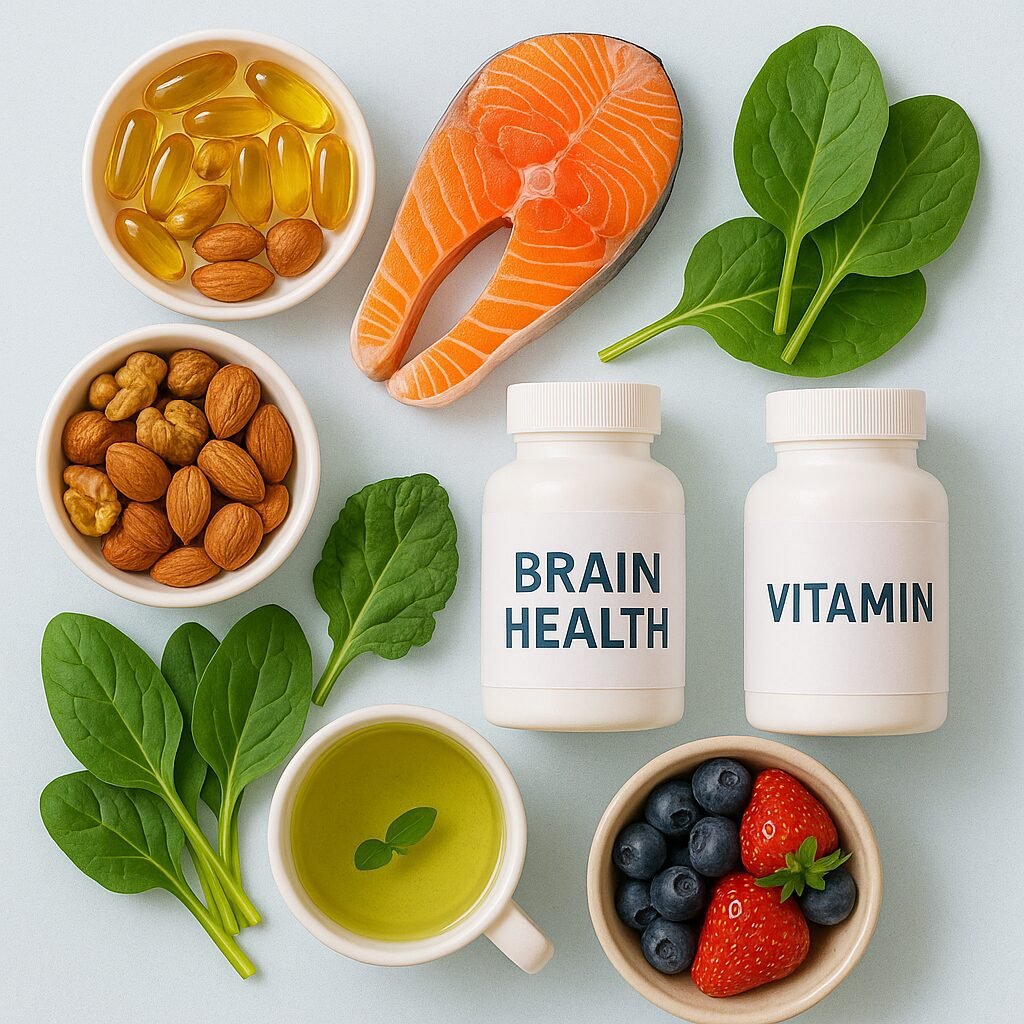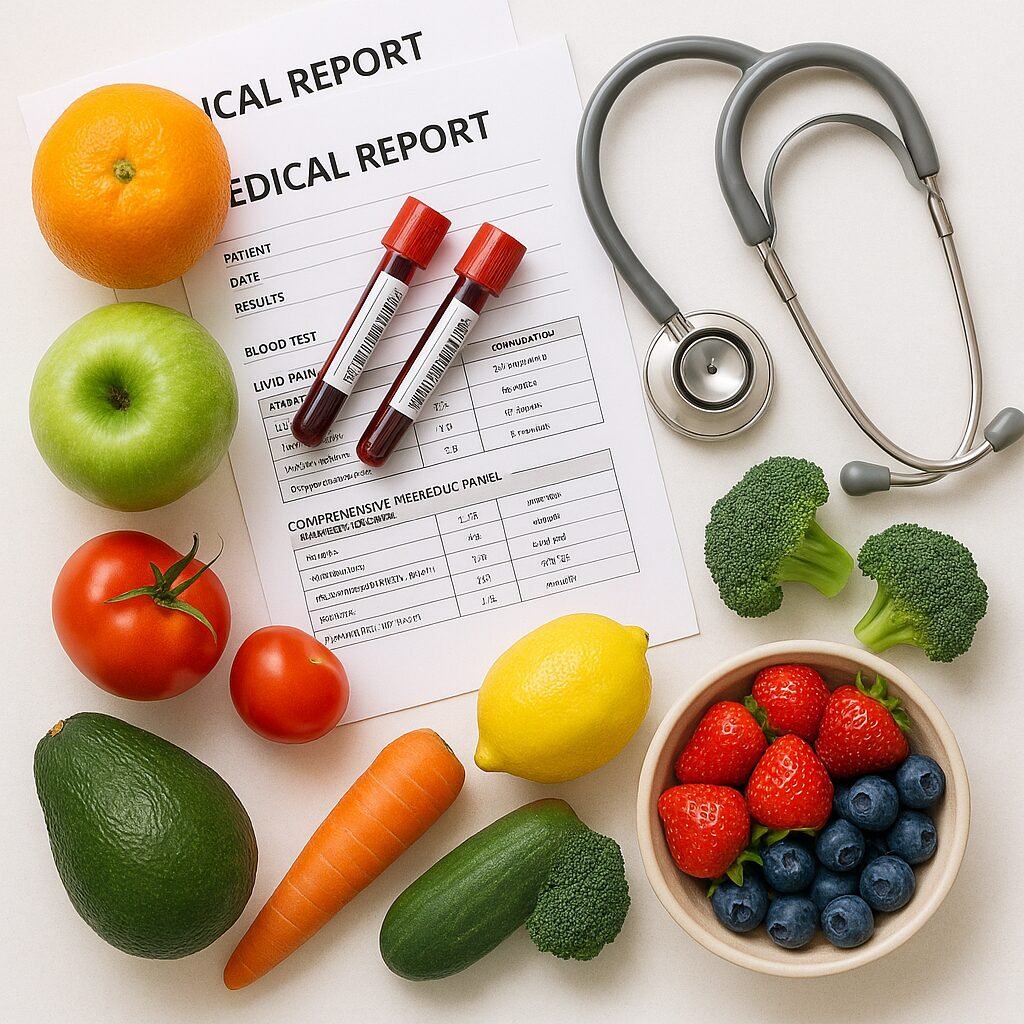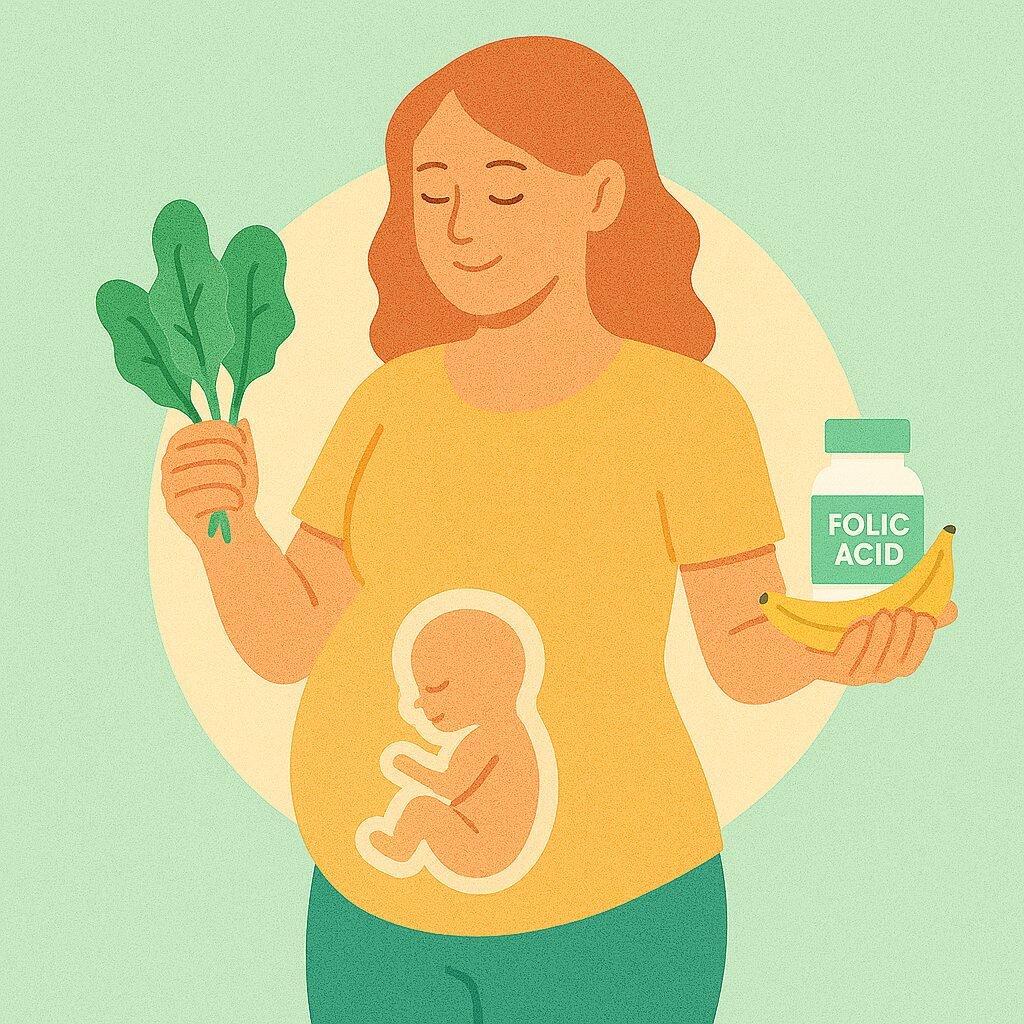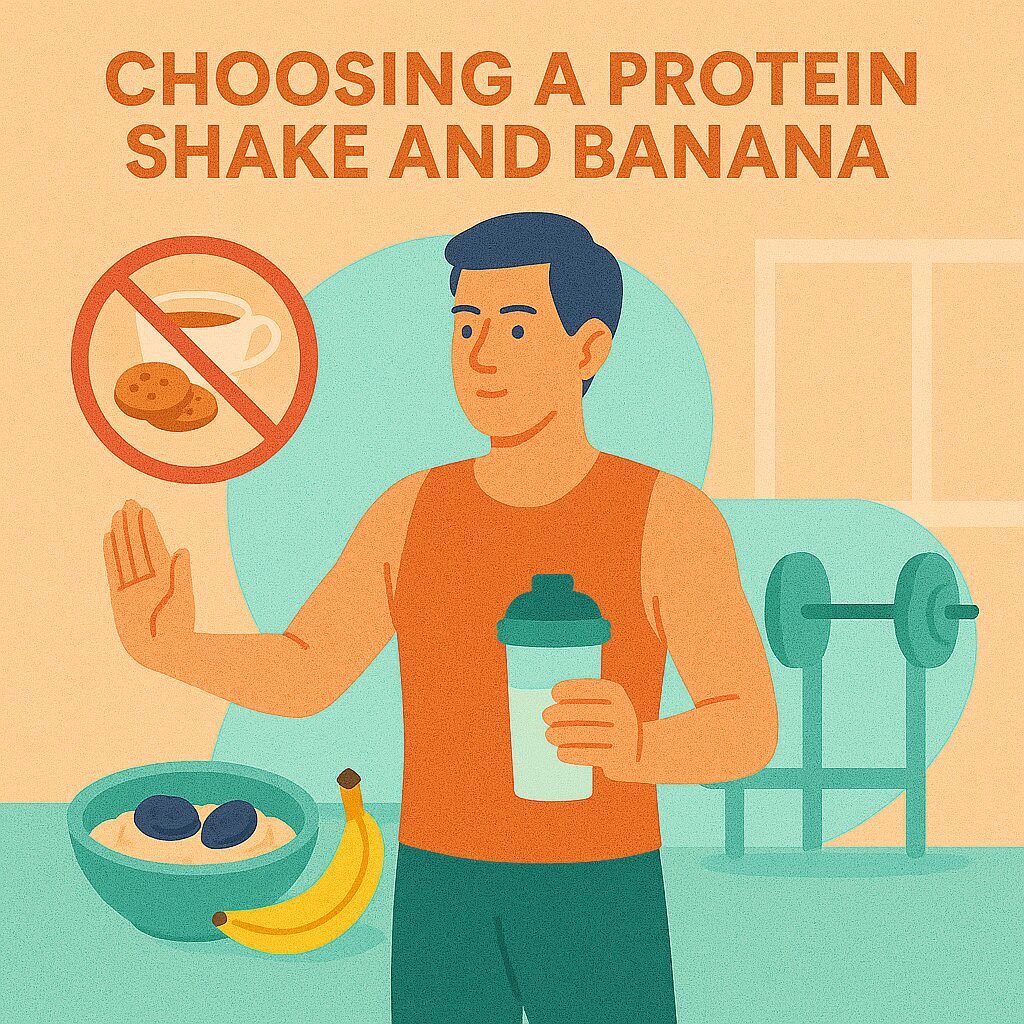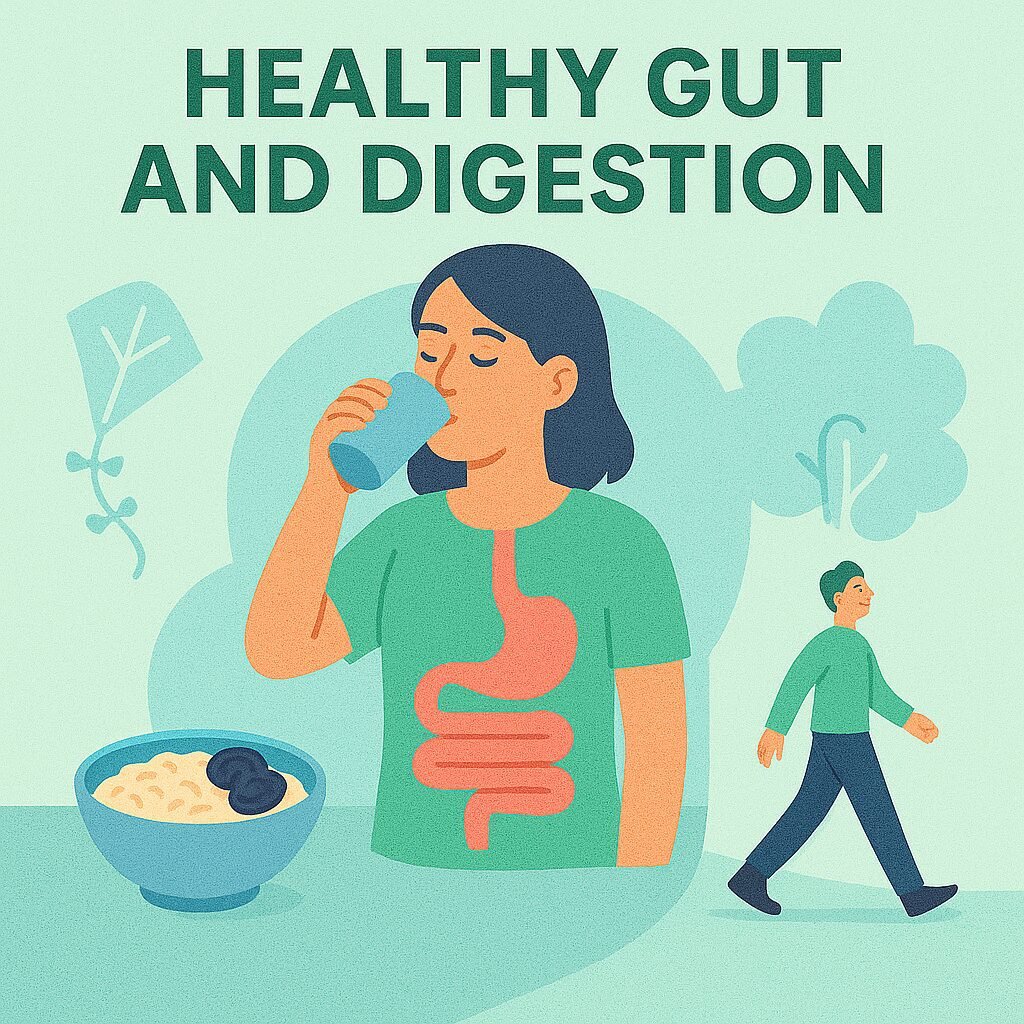Top 5 Supplements to Boost Brainpower
Your brain is your greatest asset — it controls how you think, feel, and perform every single day. To keep it functioning at its best, proper nutrition and rest are key. But sometimes, your brain needs an extra boost. That’s where certain supplements can help enhance focus, memory, and overall cognitive health.
Here are five powerful brain supplements you can include in your routine for optimal mental performance:
1. Omega-3 (EPA & DHA): Brain Fuel for Sharp Thinking
Omega-3 fatty acids, especially EPA and DHA, are essential for maintaining brain structure and function. They improve memory, support learning, and promote healthy aging. You can get omega-3s from fatty fish, flaxseeds, walnuts, or supplements if needed.
2. B Vitamins: Combat Brain Fog
The B-complex vitamins — particularly B6, B9 (folate), and B12 — support nerve function and help your brain produce neurotransmitters like serotonin and dopamine. They also reduce fatigue and brain fog, keeping you mentally alert throughout the day.
3. Vitamin D: The Sunshine Nutrient for Mood & Cognition
Vitamin D doesn’t just strengthen bones — it also plays a key role in mood regulation and cognitive function. Low levels are often linked to low mood, fatigue, and poor concentration. A few minutes of sunlight or a quality supplement can make a difference.
4. Magnesium: For Relaxation and Stress Relief
Magnesium helps your brain and body relax. It supports neurotransmission, improves sleep quality, and reduces stress — all vital for better mental focus and productivity. Foods like leafy greens, nuts, and seeds are great natural sources.
5. L-Theanine: Calm Focus Without the Crash
Found naturally in green tea, L-Theanine promotes a state of calm alertness. It helps reduce anxiety and improve concentration — making it perfect for students, professionals, or anyone managing a busy lifestyle.
Conclusion
A healthy brain powers a healthy life. While supplements like Omega-3, B Vitamins, Vitamin D, Magnesium, and L-Theanine can enhance cognitive performance, they’re not magic pills. The foundation of brain health is still a balanced diet, good sleep, regular exercise, and stress management. Always consult a qualified nutritionist before starting any supplement regimen to ensure it suits your specific needs. Remember — nourish your brain, and it will reward you with clarity, focus, and resilience.
In case of any related query related to nutrition or weight management book an appointment with Dt. Silky Mahajan .You can also send us a mail at info@foodsandnutrition.in or call on 7829999400. Follow us on facebook & instagram for latest updates.






